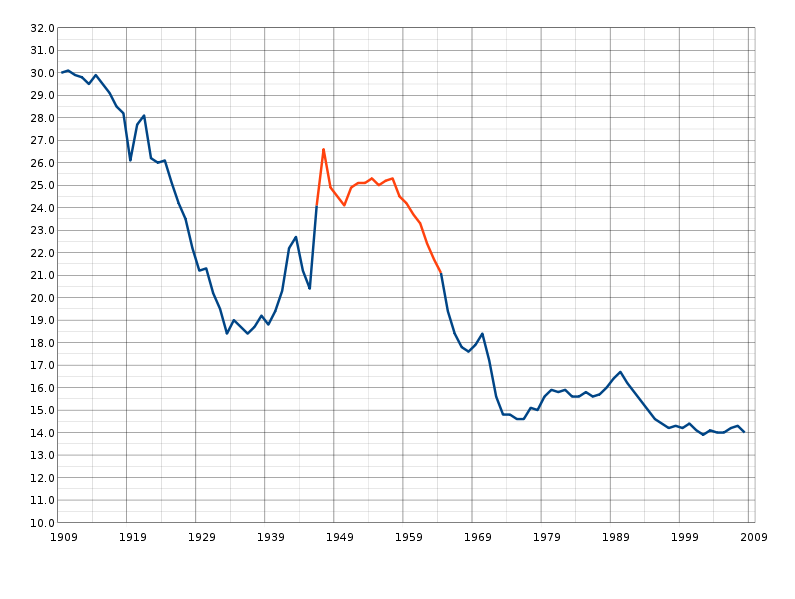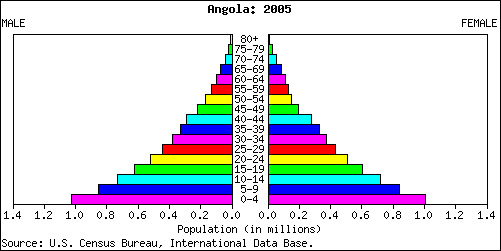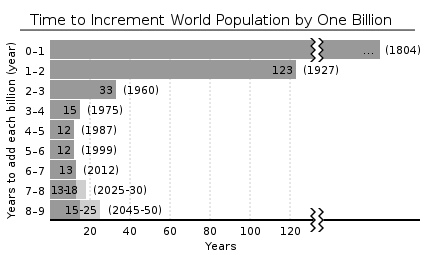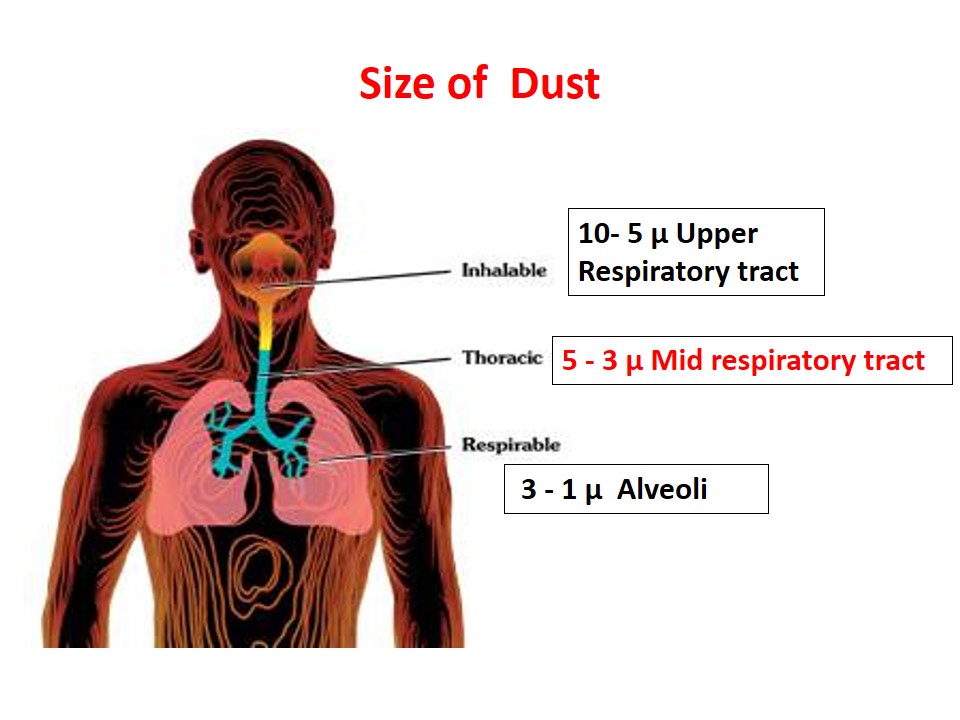Community Medicine may be defined as:
“The art and science of application of technical knowledge and skills to the delivery of healthcare to a given community, designed in collaboration with related professions as well as human and social sciences on the one hand, and community on the other.”
Community medicine is the field concerned with the study of health and disease in the defined community or group. Its goal is to identify the health problems and needs of people (community diagnosis) and to plan, implement and evaluate the effectiveness of health care system.
WHO has suggested that every country should have its own definition of Community Medicine.
Goals of Modern Medicine
- Focus shift from treatment of sick
- Prevention of Diseases
- Promotion of health
- Quality of life improvement for individuals & groups
The following are included in the study of community medicine:
|
Knowledge regarding |
Study of : |
|
Population to be served |
Demography |
|
Patterns of Health and disease |
Epidemiology |
|
Collection, compilation and analysis of data |
Biostatistics |
|
Behavioral factors and their effect on Health |
Behavioral sciences |
|
Control and prevention of diseases |
Preventive Medicine |
|
The food people eat |
Nutrition |
|
Environmental factors and their effects on Health |
Environmental Health |
|
Delivery of Health Care |
Health Administration and Planning |
Preventive Medicine
“The art and science of health promotion, disease prevention, disability limitation and rehabilitation”. Prevention includes:
• Primary prevention
• Secondary prevention
• Tertiary prevention
Curative Medicine
“ A vast body of scientific knowledge, technical skills, medicaments and machinery that not merely treat the disease but preserves life in a highly organized way”
Social Medicine
“The Study of man as a social being in his total environment – It focuses on the health of the community as a whole.”
Social Hygiene
“The science of prevention and treatment of sexually transmitted diseases (STDs) including social rehabilitation”
Comprehensive Health Care
“The provision of personal (MCH, Child Welfare, School Health, Occupational Health, etc.) and impersonal health services (water supply, communicable disease control, vector control, etc.) to a community for the prevention of disease, cure of illness, prevent disability and economic insecurity and dependency association with illness.”
Integrated Health Care
“Bringing together all types of health services to the community, preventive and curative.”
Vertical Program
“A single program of health services for community. For example, Expanded Program on Immunization (EPI). The staff of this service is only concerned with the immunization project.”
Horizontal Program
“A health service delivery program which covers the two dimensions of health, personal and community health. Most often the vertical programs are merged into existing health facilities in which case it becomes a horizontal program. In principle the concept is that of integration.”
 howMed Know Yourself
howMed Know Yourself




